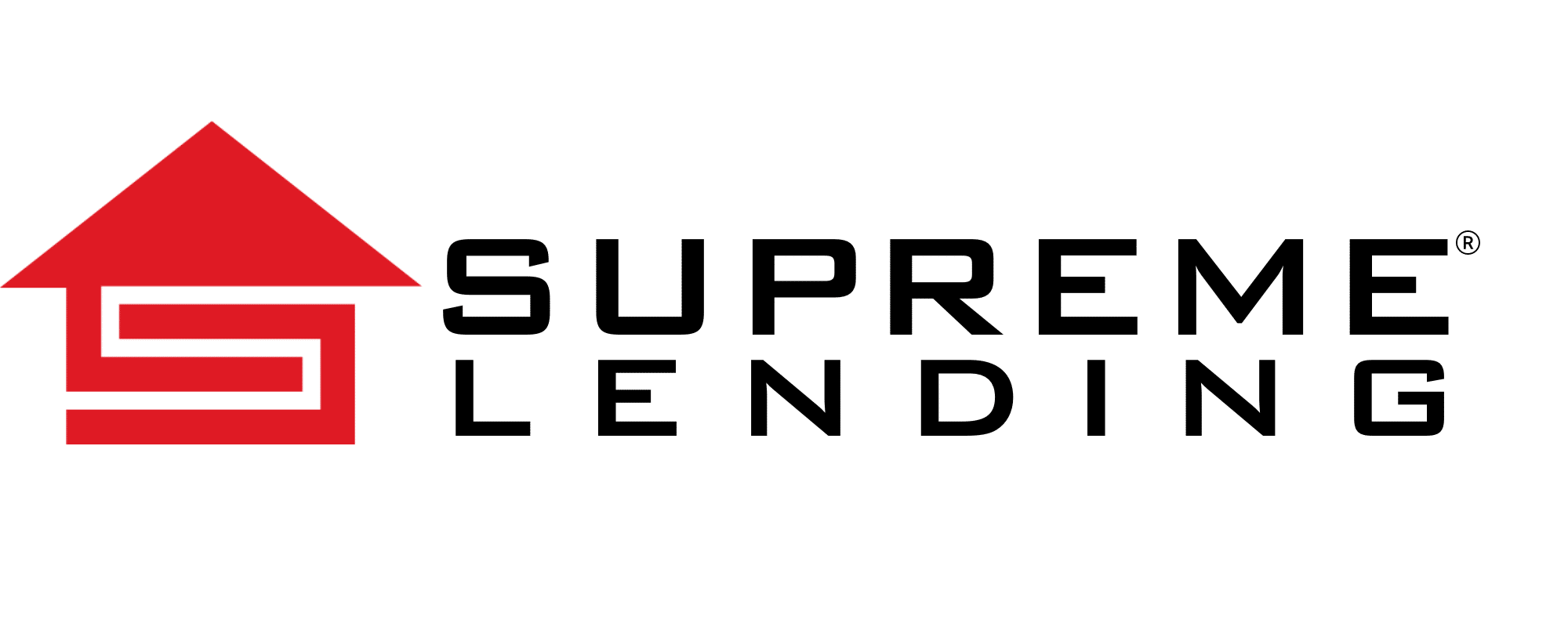
What is the Difference Between FHA and Conventional Home Loans?
When you look at Conventional loans vs. FHA loans, it can be difficult to know which one is ideal for you. You may be wondering, “What is the difference between Conventional and FHA home loans?” For new and experienced home buyers, the lending process can be frustrating. With so many different mortgage programs available, it’s not always obvious which loan you qualify for, how much you can expect to borrow, and what size house you can afford.
We look at the difference between Conventional and FHA home loans to help you understand what they are and how they can help you purchase a new home. Are Conventional home loans better than FHA loans? Read on to find out.
Article Contents:
- What Is The Difference Between FHA and Conventional Home Loans?
- What is an FHA Loan?
- Are Conventional Home Loans Better Than FHA Loans?
- Get More Loan Guidance from Supreme Lending Dallas
What is a Conventional Loan?
Conventional home loans, also referred to as Conventional mortgages or Conventional loans, are any type of loan given to homebuyers that are not backed by the government or provided by a government loan program. Conventional home loans are offered by private lenders and used to secure home purchases. Private lenders for Conventional loans include banks, credit unions and mortgage companies.
While Conventional home loans are not insured by government programs, certain Conventional loans may be covered by Fannie Mae and Freddie Mac, two federally-backed home mortgage institutions. These entities do not provide or originate mortgages; they guarantee mortgages through lenders in what are called “conforming loans.”
Conforming loans are highly desirable Conventional home loans because they tend to offer buyers with excellent credit competitive interest rates compared to other loans. They have greater restrictions on the amount that can be borrowed than non-conforming home loans, among other requirements.
Requirements of Conventional Loans
When applying for a Conventional loan, you will need to provide certain documentation in order to qualify. Applicants with excellent credit scores can qualify for better interest rates for Conventional loans as they are deemed to be less at-risk for default. Most lending institutions require a minimum credit score of 620 and proof of income. Your creditworthiness may also determine the size of your necessary down payment, with a minimum requirement of 3%.
What Is an FHA Loan?
An FHA home loan is a mortgage that is insured by the government and issued by a government-approved lender. Because they are backed by the federal government in case of default, FHA loans have lower requirements than Conventional loans. FHA loans require a minimum down payment of 3.5%, and buyers will pay mortgage insurance for some or all of the mortgage term.
Designed to help lower-income families buy homes, FHA loans are widely used by first-time homebuyers. Their use is so pervasive that some people believe that FHA stands for First-time Home Application and that the program is exclusively for buyers who have never owned a home before.
However, FHA loans can be utilized by individuals purchasing their second or third home, provided that they intend to sell their current home and make their new purchase their primary residence. FHA mortgage rates are competitive with Conventional home loans, but mortgage insurance can often result in higher monthly payments over the life of your loan.
Are Conventional Home Loans Better Than FHA Loans?
When comparing Conventional loans vs. FHA loans, there are pros and cons that make them ideal loan programs depending on your financial situation, credit history and borrowing amount.
Advantages of Conventional Loans
Conventional home loans tend to have better interest rates and allow you to borrow higher amounts to purchase a home. While lenders have stricter lending requirements and guidelines, for buyers with low debt amounts and good credit scores, they are desirable loan varieties for their home purchase.
- No Mortgage Insurance With 20% Down Payment.
- Down Payments Between 3% and 20%
- Suitable for Primary, Second Home, or Investment Properties.
Advantages of FHA Loans
FHA loans are used to buy or refinance property for individuals who do not qualify for Conventional loans. While mortgage insurance is a requirement, FHA loans allow buyers to build equity in their homes with flexible financing and lending requirements.
- Lower Credit Score Requirements.
- Down Payment of 3.5%.
- Higher Approval Rates
Get More Loan Guidance from Supreme Lending Dallas
Whether you want to explore Conventional loans vs. FHA loans, Supreme Lending Dallas will help you every step of the way. We offer loan programs to help buyers of all kinds afford the home of their dreams. As a mortgage loan originator, we can underwrite, close, and fund loans in as little as 20 days. Learn more about our process by contacting a loan officer to discuss whether a Conventional home loan or FHA loan is right for you.

